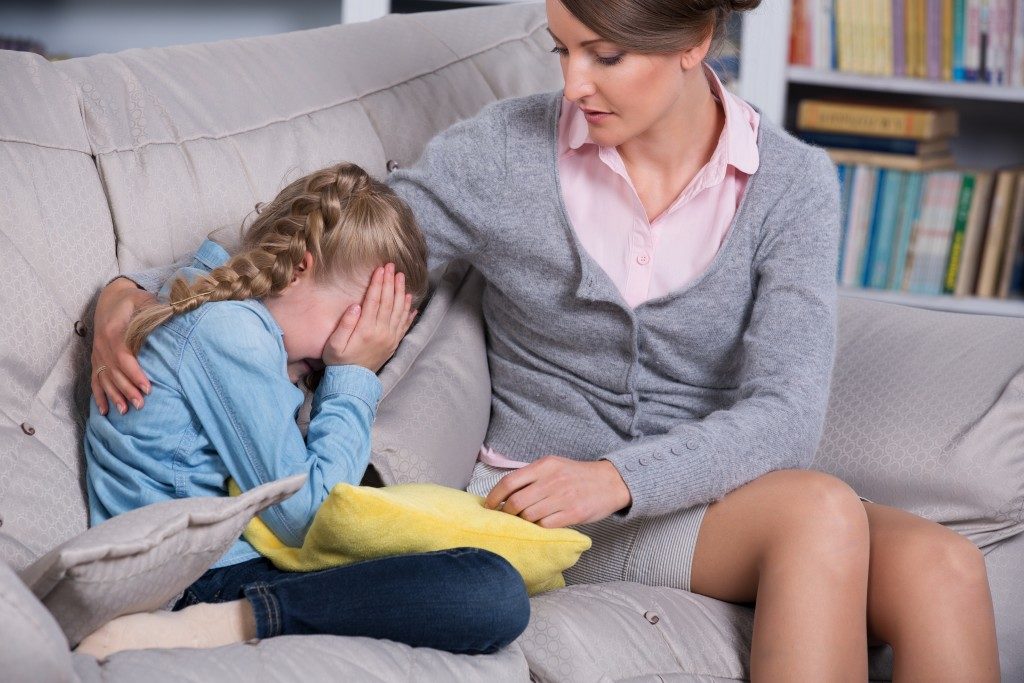Introducing the subject of grief and recovery to a child is a strange task to adults. When you are older, you realise that feelings can be controlled, managed, and set aside. However, that is completely different for your children since they have not experienced enough of it to understand.
The Funeral Procedure
When you break the news to your kid about the passing of a relative or loved one, the news will not leave an impact at once. The adult ritual of the funeral is alien to a young person, and that is something they must cope with slowly. They may ask different tactless questions of you and those around you. Remember to explain as simply as you can without adding emotional bias. A good way to prepare your child for such an event in the future is to walk them through what happens while you are availing of funeral planning services.
The Aftermath
A child will often keep asking questions following the wake and funeral. They do not immediately grasp the meaning of a person’s passing. Adults are already creatures of habit, and this becomes more apparent when it comes to kids, who will ask for the deceased at the dinner table or other familiar places at home. They can become upset when you try and tell them the truth, but that’s not a reaction that you can immediately change or even prevent. Work slowly and seek to help them understand by being a good example of patience, healing, and maturity.
Emotional Extremes

Throughout their grieving process, a child can easily shift between incredible pain and play. Constantly asking them how they are feeling is likely to frustrate both of you, especially if this is the child’s first encounter with a death of someone they love. However, keep in mind that whatever their reactions or replies may not be the complete expression of their state since their vocabulary is not at a high level as an adult’s. When they go into extremes, it is your responsibility to let them do it in a safe, loving, and respectful environment.
It Is Not Just Death
Grief is not just experienced through death. It can come from a form of loss or humiliation, which is not easily separated by a child’s thinking. They will tend to clump all of those experiences into one big negative emotion. When your little one shows signs of emotional turmoil, help them define their feelings with simple words and phrases. Let them take their time if they do not have words to say. If they feel that crying is the best solution, then let them cry for now and let them vent in a healthy way.
When you take a step back and seek to guide a child who is grieving, you can see just how much torment a young person can suffer from. As an adult, you learn to cope on your own, but you lose sight of what a child can endure. Be their comfort in this painful time so that they can understand their feelings a little better. It can help you in your own healing process as well.

